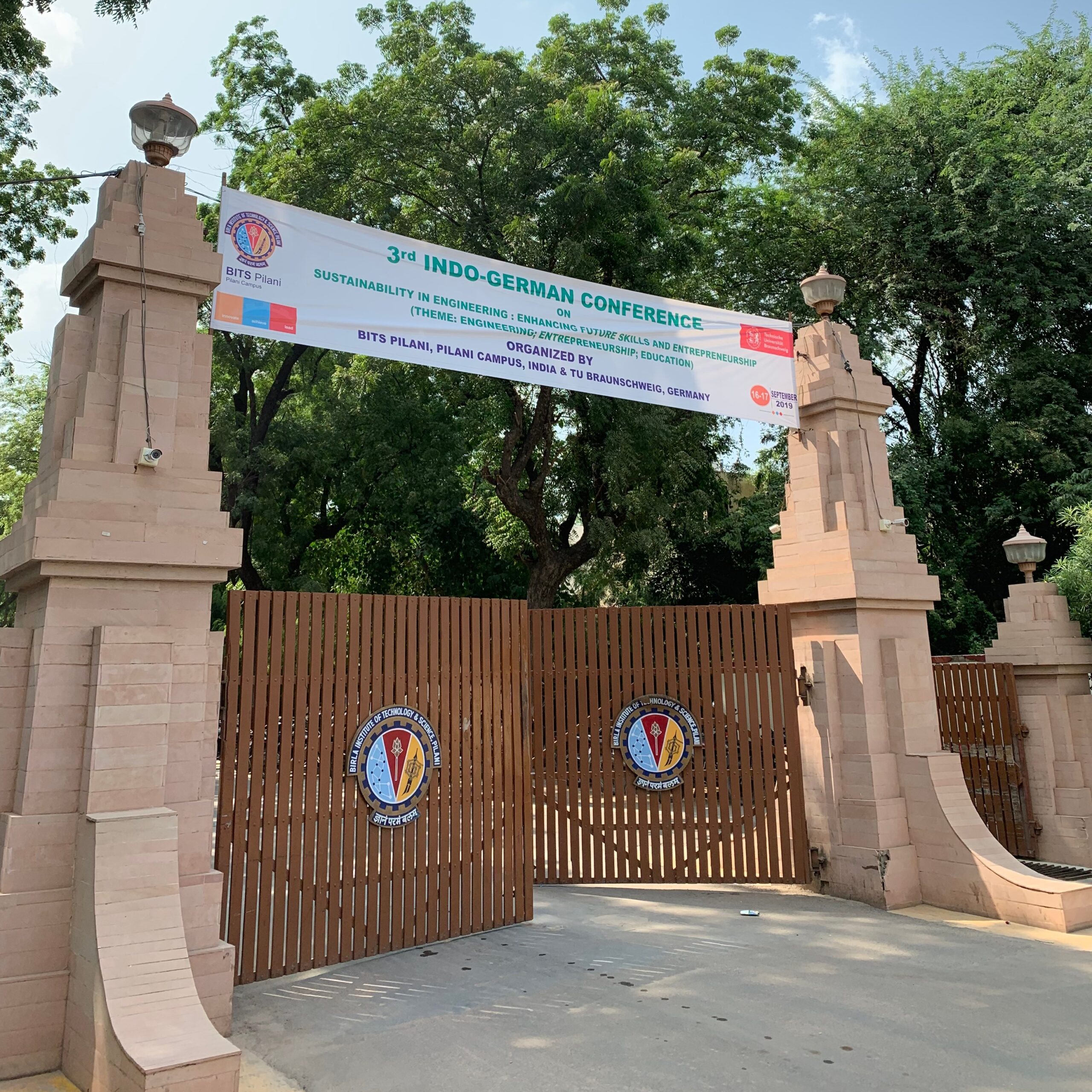
BITS Pilani, one of the most reputed engineering colleges in India, offers a range of courses at the undergraduate and postgraduate levels. One unique feature of the institute is that postgraduate students are not required to pay tuition fees. This policy has been in place for many years, and it has become a significant factor in attracting students to the institute. But what is the reason behind this policy?
The primary reason for this policy is that the institute believes in providing access to quality education to all deserving students, regardless of their financial status. By not charging tuition fees, the institute ensures that students who may not have been able to afford a high-quality education can still have access to it. This is in line with the vision of the institute’s founder, G.D. Birla, who believed that education should be available to all, regardless of their financial background.
Another reason for this policy is that the institute receives significant funding from the Birla family and other philanthropists. These funds are used to cover the costs of running the institute, including faculty salaries, infrastructure development, and research activities. This enables the institute to offer quality education without relying on tuition fees to cover the costs.
It is important to note that the policy of not charging tuition fees applies only to postgraduate students and not to undergraduate students. The institute charges tuition fees for undergraduate courses, although the fees are significantly lower than those charged by other private engineering colleges in India. This is in line with the institute’s philosophy of providing access to quality education to all students, regardless of their financial status.
While the policy of not charging tuition fees for postgraduate courses is undoubtedly a significant advantage for students, there are some drawbacks to this policy. One of the main drawbacks is that students may not value the education they receive as much as they would if they were paying for it. This can lead to a lack of motivation and a decreased sense of responsibility among students.
READ ALSO: What is the amount of the NST-2 Scholarship – Answered and Everything You Need To know
Another drawback is that the policy may attract students who are not fully committed to their studies or who are not serious about their careers. Since they are not paying for their education, some students may not take their studies seriously or may not be motivated to perform well. This can lead to a lower standard of education and a lower quality of graduates.
Despite these drawbacks, the policy of not charging tuition fees for postgraduate courses has been a significant factor in the success of BITS Pilani. The institute has consistently been ranked among the top engineering colleges in India and has a reputation for producing high-quality graduates. The policy has also helped to attract a diverse group of students from all over India and has contributed to the institute’s reputation as a leading center of excellence in engineering education.
In conclusion, the policy of not charging tuition fees for postgraduate courses at BITS Pilani is a unique feature that sets the institute apart from other engineering colleges in India. The policy is based on the belief that access to quality education should be available to all deserving students, regardless of their financial background. While the policy has some drawbacks, it has been a significant factor in the institute’s success and has contributed to its reputation as a leading center of excellence in engineering education.
Follow our socials Whatsapp, Facebook, Instagram, Twitter, and Google News.








